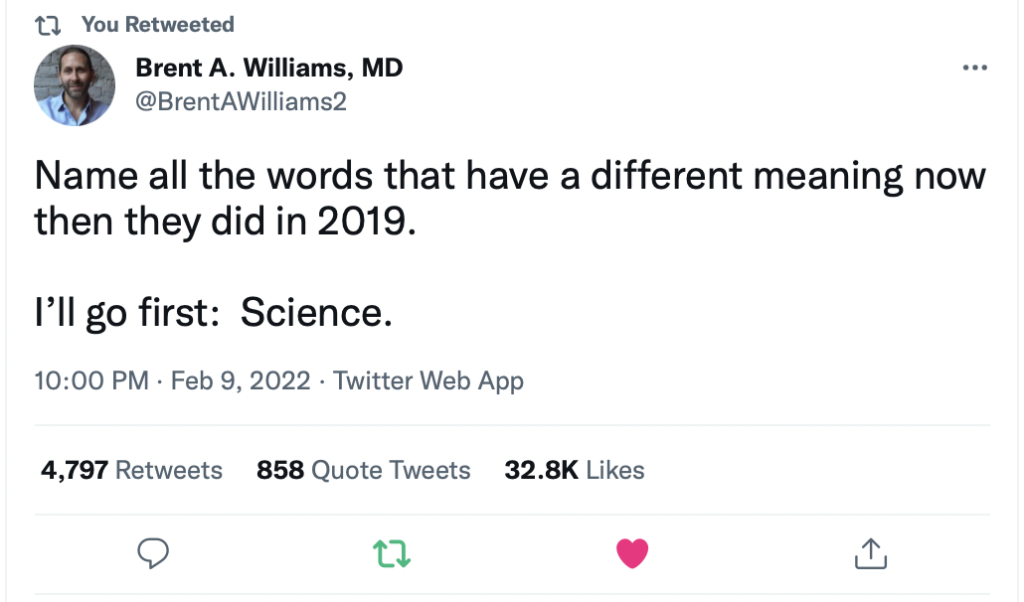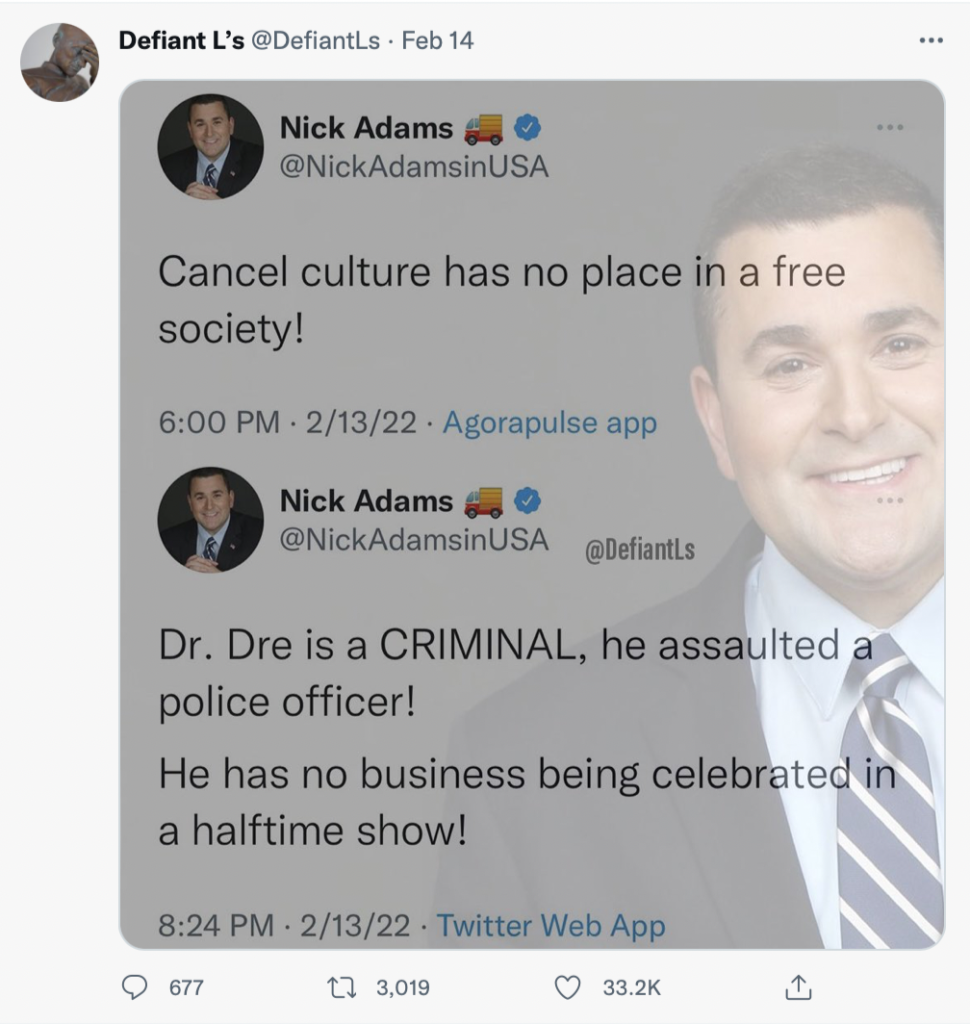How to Be a Human Being: Chapter 5: The Problem with Problems
How to Be a Human Being: Chapter 5: The Problem with Problems
You meet a lot of people who tell you that their lives are not going well, or that their lives are unfair, because they have to deal with a lot of problems. This is a very strange thing to say because without problems, you would not have a life. There is no such thing as a life without problems.
People who complain about their problems have concocted a cartoon life in their heads, a cartoon life that bears no resemblance to the real world. From the moment you are born, you will need to take care of things that pop up, simple things, complex things, irritations and dangers. You will need to feed yourself, get rest, get exercise and find a way to pay for the things that will keep you alive. If you don't do these things, you will stop being alive. Dealing with problems is another way of saying that you are alive. Cemeteries are filled with people without problems.
How does it get into people's minds that they will go through months of life where every relationship is perfectly smooth, where money flows into their lives without effort, where every mechanical device they use will keep working perfectly, where they already know everything they need to know? Where people walk up to them and desire to be their friend even though they are not willing to work for that friendship? Where people give them compliments, honors and trophies even though they didn't do any work to earn them? Where attractive people crave their body for sex even though they excel in complaining that real life is unlike life in their heads?
You know the kind of person who is much more enjoyable than people who complain about their problems? People who work hard to figure out their problems. Especially people who work extremely hard to be extremely good at what they do. If you adopt this mindset, you might find yourself thinking: Why wouldn't I always work really hard at everything I do? Some might see "accomplishments" as problems because accomplishments aways require work, but that mindset is dysfunctional, so please beware. That attitude will keep you locked up in a mental prison where you will continually work on developing new ways to complain that being alive requires work. What kind of parent would you be if you saw your relationship with your children as one filled with problems rather than delightful moments where Life is going on?
Perhaps the people who complain that life is a series of problems have a hidden agenda. Perhaps they think that other people should serve them, should be their servants for free. I suppose some of them might get lucky and find someone willing to enter into codependency with them, but that is not a shining example of human flourishing.
My advice is to work hard to accomplish the things that are important to you and to always do it joyously, remembering that it is a great privilege to be alive. It can be a joyous Zen experience even to do the dishes or to brush one's teeth. Simple ordinary things are magic if you only pause to appreciate them.
As the Stoics wrote, "The Obstacle is the Way." When you work hard to get accomplish the things that matter to you, those accomplishments will mean more to you. You will develop good character as you get better and better at working hard to achieve your goals. Your hard work will make you feel self-actualized and more able to help yourself and help others.
I used to get frustrated by the tedious parts of my job. I wanted to do only the fun and glamorous parts of my job. One day I realized that my own attitude was dysfunctional, so I drew a bigger circle around the things that constitute my job. Doing my job means doing all the things necessary to achieve my goals, the glamorous things and the "tedious" things. Doing the tedious things is the only way to get to do glamorous things. These things are all along the same path. This change in attitude has made a world of difference for me.
Nowadays, I don't HAVE to do tedious and boring things. I GET to do those things. I get to be a healthy and vibrant human being who treasures my job, which invites me to engage in real-life problem-solving in order to achieve awesome real-life goals. To complain that my job is nothing but problems would be terrible way to live. I substitute the word "challenges" instead of "problems," and working hard then becomes a bit of a game too. I enjoy knocking off those items on my to-do list as I work my way toward what will hopefully be a good day.
If I didn't have job problems, I wouldn't have a job. If I didn't have life-problems, I wouldn't have a life.
In conclusion, I sincerely wish the following for you: I hope you have lots of problems for the rest of your life.



